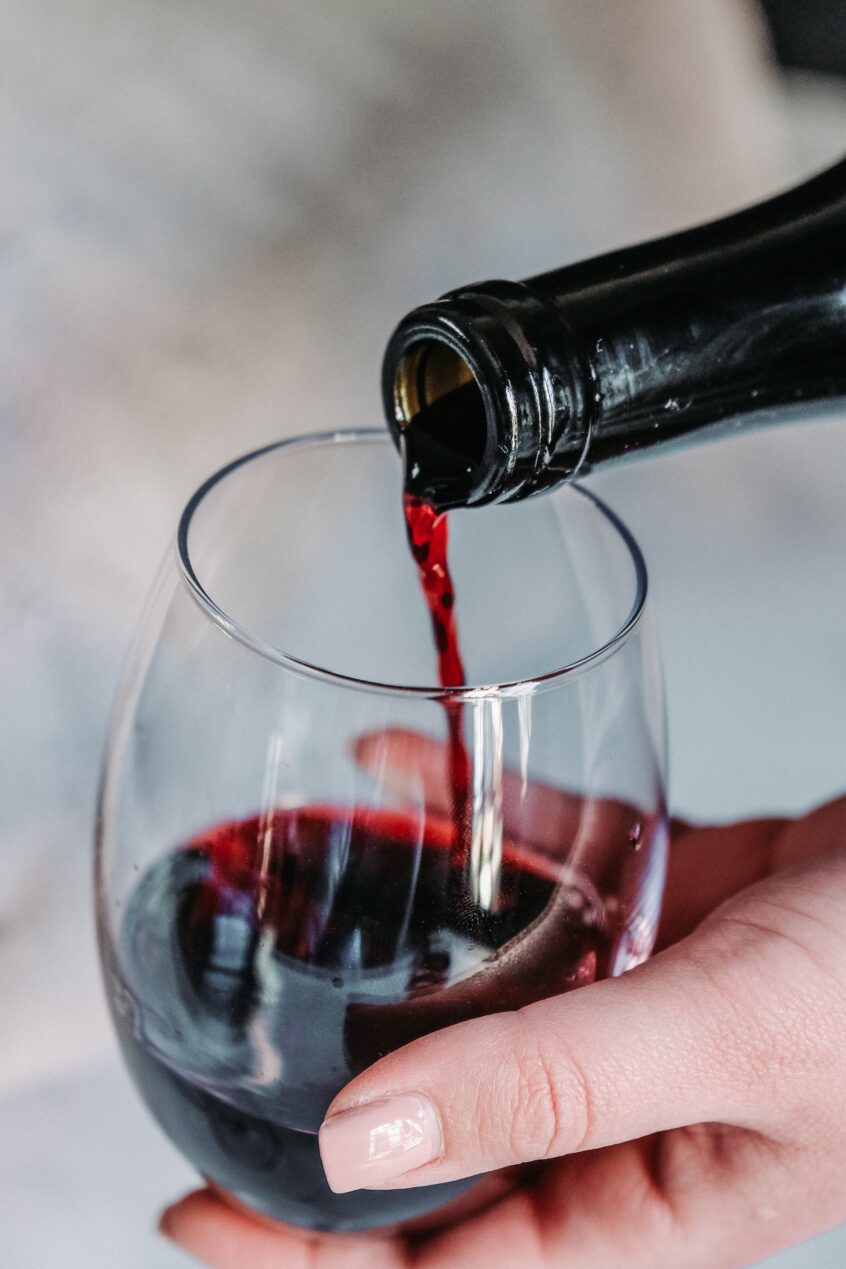Alcohol: Friend or Foe?

As a nation, how have we coped with the ramifications of lockdown? Financial difficulties, limitations on our social lives, social isolation, bereavement, ill health, health service disruption, uncertainty and anxiety about the future. No wonder the conversation has turned to how much alcohol we are drinking.
People in the UK are drinking differently as a result of lockdown. There are 2 emerging trends. Around 33% have either reduced or stopped drinking but these were individuals that were already drinking the least prior to Covid-19. This was more pronounced among the 18-34 year-old. However, around 21% of the population (a staggering 8.4 million adults) are drinking more frequently, with more units per session, than prior to Covid-19. Many of these were already regular drinkers- but lockdown has exacerbated this behaviour.
Why does this matter?
Well, we all know that habits are formed quickly and can be hard to break. Drinking at a risky level (anything more than 14 units per week) increases the chances of immediate harms such as accidents, fires, arguments and aggression. Domestic violence is strongly associated with alcohol consumption and it’s estimated that 3.5 million adults are living in households where alcohol has increased tension in the household.
Sustained risky drinking can develop into a dependency with all the associated myriad of social, physical and psychological harms. Although alcohol may seem like an immediate relief for mental health symptoms, in the longer-term mental health will deteriorate. This is particularly concerning during lockdown, when many of us already feel under stress. Harmful drinking also increases an individuals’ susceptibility to Covid-19 infection and severity.
The true impact of lockdown on the level of alcohol harms remains unknown but what we do know is that addiction services already feel under resourced and ill equipped to manage any increased demands.
So, here’s to bold beginnings. We can all take action now to bring our drinking under control or seek out the help we need. By drinking at low risk levels and avoiding binge drinking we can reduce the impact of alcohol on the NHS, our emergency services and society as a whole.
Tips for breaking the habit:
- Ensure you have 2 to 3 consecutive alcohol-free days every week
- Reduce the amount of alcohol you buy
- Limit your units to 14 a week maximum
- Seek advice either online, from your GP, or from virtual support groups
- Get support from friends/family members
- Seek out professional support when needed






